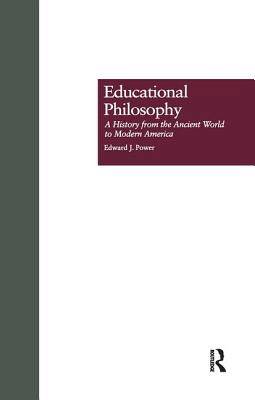
- Afhalen na 1 uur in een winkel met voorraad
- Gratis thuislevering in België vanaf € 30
- Ruim aanbod met 7 miljoen producten
- Afhalen na 1 uur in een winkel met voorraad
- Gratis thuislevering in België vanaf € 30
- Ruim aanbod met 7 miljoen producten
Zoeken
€ 182,45
+ 364 punten
Omschrijving
The first step in education's long road to respectability lay in the ability of its proponents to demonstrate that it was worthy of collaborating with traditional disciplines in the syllabus of higher learning. The universities where the infant discipline of education was promoted benefited from scholars who engaged in teaching and research with enthusiasm and preached the gospel of scientific education. These schools-Teachers College/Columbia University, the University of Chicago, and Stanford University-gained a reputation as oases of pedagogical knowledge. Soon, public and private colleges alike introduced professional academic programs for the preparation of teachers. Foremost among the subjects for these programs was education philosophy, with its long history and the impeccable credentials of its ancient and modern expositors. Although the principal focus of this study is the history of educational philosophy in colleges and universities, it also recognizes educational philosophy's antecedents. Chapters cover ancient roots, Christian educational theory, educational theory and the modern world, philosophy and education in early America, development of philosophies of education, disciplinary maturity for educational philosophy, and prospects. There is a bibliography and an index.
Specificaties
Betrokkenen
- Auteur(s):
- Uitgeverij:
Inhoud
- Aantal bladzijden:
- 256
- Taal:
- Engels
- Reeks:
Eigenschappen
- Productcode (EAN):
- 9780815319719
- Verschijningsdatum:
- 1/11/1995
- Uitvoering:
- Hardcover
- Formaat:
- Genaaid
- Afmetingen:
- 147 mm x 225 mm
- Gewicht:
- 444 g

Alleen bij Standaard Boekhandel
+ 364 punten op je klantenkaart van Standaard Boekhandel
Beoordelingen
We publiceren alleen reviews die voldoen aan de voorwaarden voor reviews. Bekijk onze voorwaarden voor reviews.











